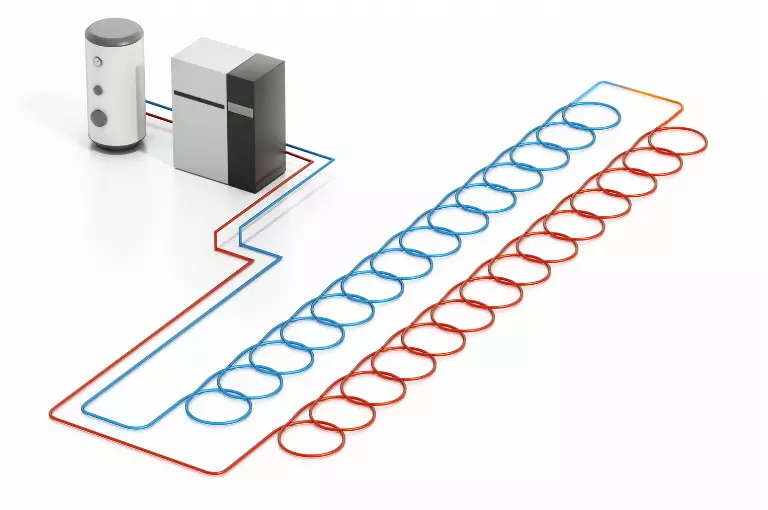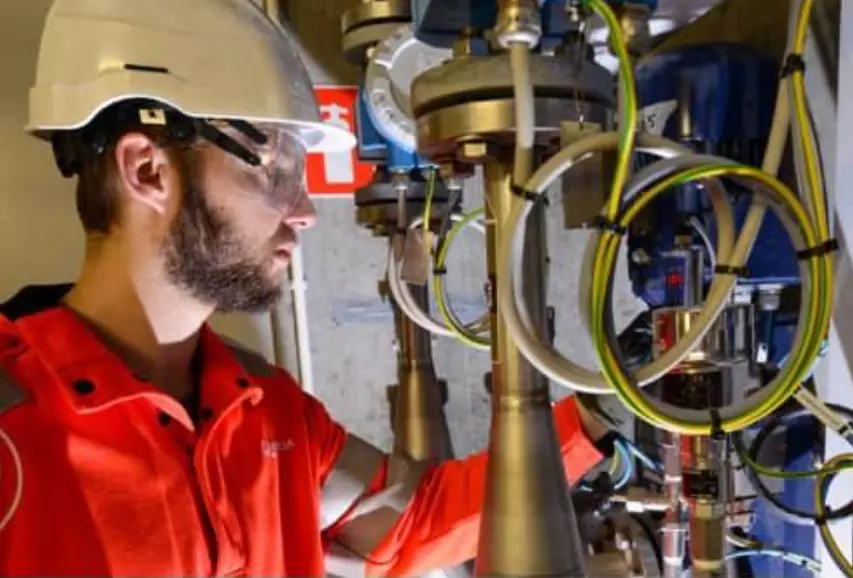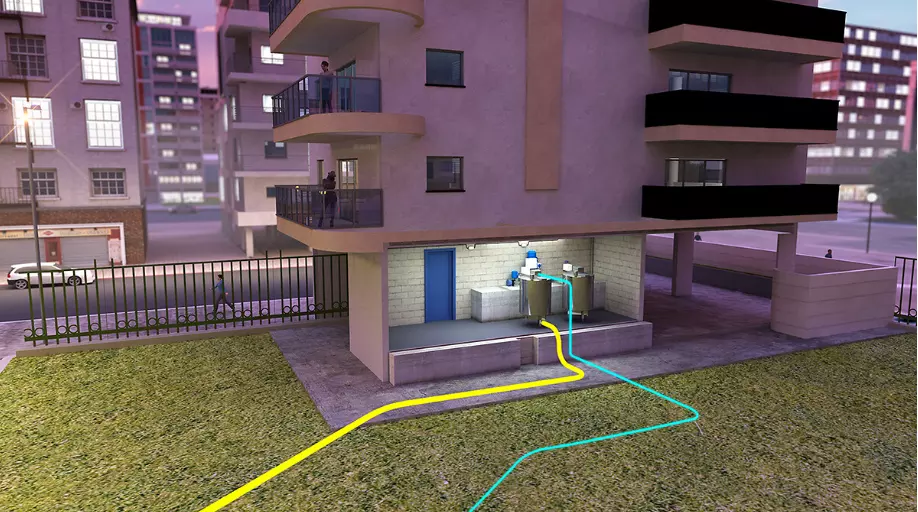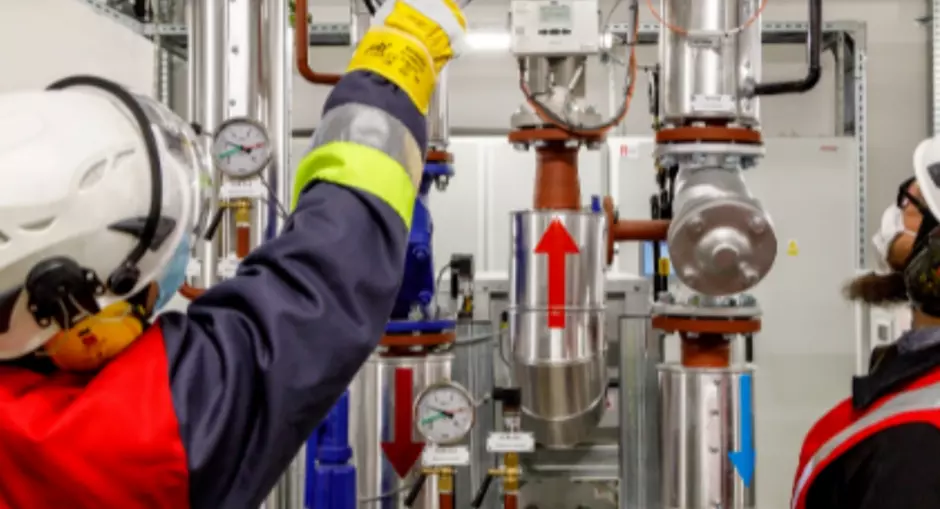What are Heat Pumps?
The Basic Principles of Heat Pumps
Heat pumps work by transferring heat energy from one location to another using refrigerants. Refrigerants are substances that can absorb and release heat, allowing the movement of heat from a low-temperature environment (such as air, ground, or water) to a higher-temperature environment.
The refrigerant within the heat pump system is compressed, incerasing its pressure and temperature. The high-pressure, high-temperature refrigerant passes through a heat exchanger, where it releases heat to the indoor air. The refrigerant then cools and expands before recirculating back to the outdoor unit, where the cycle starts again.
Air-Source Heat Pumps
Air-source heat pumps extract heat from the outdoor air and transfer it inside the building. These heat pumps consist of two units: an outdoor unit, which contains the compressor and the heat exchanger, and an indoor unit, which contains the evaporator.
Air-source heat pumps are suitable for use in a range of climates, as they can still extract heat from cold outdoor air, although their efficiency decreases as the temperature drops. They are also relatively easy to install and require less space than ground-source heat pumps.
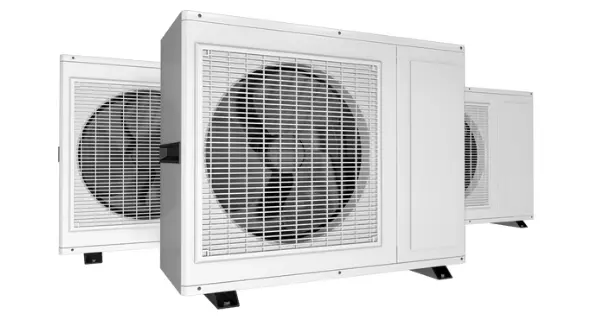
Ground Source Heat Pumps
Ground-source heat pumps use the relatively stable temperature of the ground or a nearby body of water to heat or cool a building. They consist of a ground loop, which is buried in the ground or submerged in water, and a heat pump unit. The ground loop is a system of pipes containing a refrigerant that circulates through the ground to absorb heat in the winter or release heat in the summer. The heat pump unit then compresses and circulates the refrigerant to release heat into the indoor air. Ground-source heat pumps are more efficient than air-source heat pumps, particularly in colder climates, as the temperature of the ground is more stable than the outdoor air. However, they require more space and are more expensive to install.
